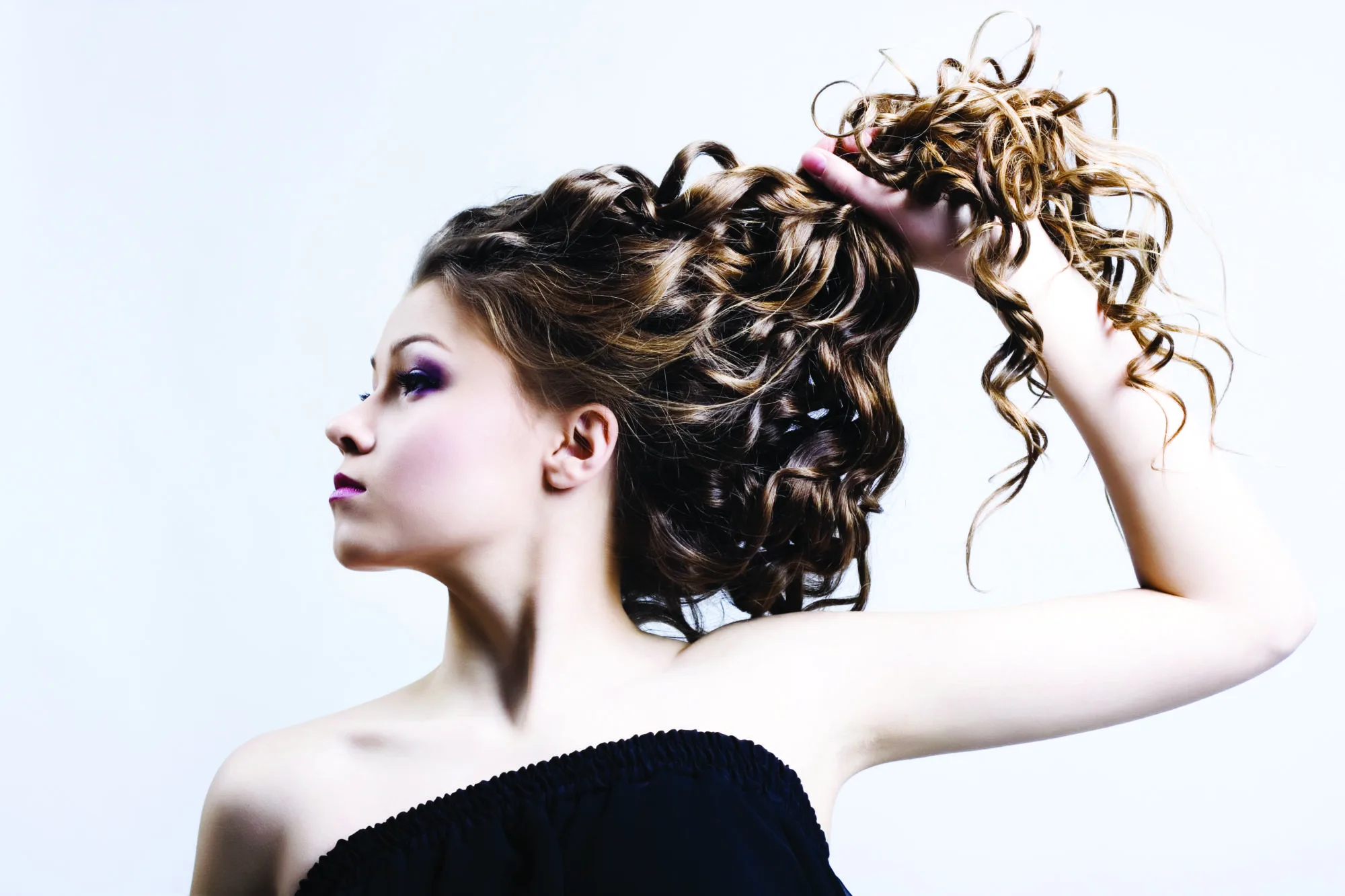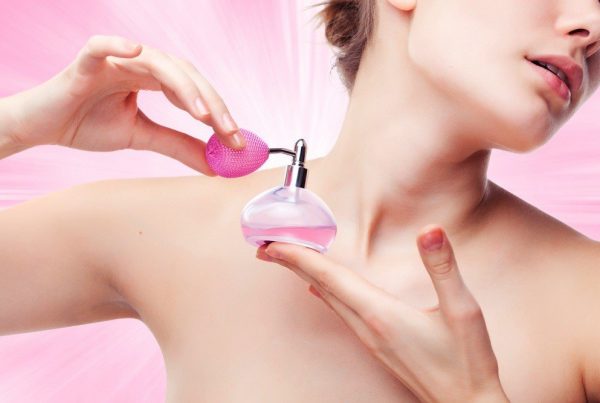Your hair is one of the first things people will notice about you, and for many of us, it’s one of the first things we look to change up at critical life stages. However, as you age, the cells responsible for keeping your hair growing strong and healthy start to slow down and need a great deal of care. We speak to two local haircare experts about the dos and don’ts of keeping a youthful head of hair.
The first things you need to be able to recognize – before you choose your haircare products – are the symptoms associated with aging hair. Besides sun exposure and styling, you need to watch out for a difference in the look, feel and manageability of your hair during times of hormonal changes, such as menopause, or even the use of medication. It’s likely to become grayer, brittle and coarser. It may also start to thin or possibly fall out. Click here to find out why hair may start to do this later in your life. If you notice any of these symptoms, it’s essential to visit a professional salon for a personalized consultation, where a hairdresser or trichologist can diagnose your issues and give you the right set of products and treatment options.
“Because there are many factors to consider with aging hair,” says Miri Bick, business unit manager for Kèrastase South Africa, “it is imperative to have a well- rounded home care routine.”
Bick’s top three product recommendations include:
- A shampoo that plumps up the hair while thoroughly cleansing it.
- A hair treatment or mask that contains hyaluronic acid, an ingredient that can hold up to 1 000 times its own weight in water, plumping up each hair fibre.
- An anti-aging hair serum that contains an ingredient such as stemoxydine, which awakens dormant follicles and promotes hair growth, resulting in denser, fuller hair, in addition to a look to change good antioxidant that can protect your hair against free-radical up at critical damage (slowing down the rate at which you go grey).
We all know that genetics plays a role in how quickly our hair ages, but your environment and lifestyle habits have a significant impact as well.
According to Bick, if you’re over 50 and your hair isn’t looking healthy and youthful, this is what you need to consider:
- Use a professional product with highly researched ingredients and technology.
- Apply a homecare routine that uses a 1-2-3 step ritual. This includes a shampoo, conditioner and leave-in treatment to protect your hair from the heat of styling tools.
- Exercise regularly. This helps cells to function optimally, which improves the vitality of the whole body, including your hair.
- Eat a well-balanced diet. What you eat plays a big role in the quality of your hair, so make sure you are getting all the nutrients you need.
- Drink enough water. Hydrating the body ensures that everything – including your hair – looks and feels more replenished, youthful and plumper.
Once you have a good grasp of what haircare products and treatments you should be using, there’s more exibility with what styles and colours are right for you. We asked Shelene Shaer, a master stylist and co-owner of Tanaz Hair, for her advice.
Q. Is it true that certain hairstyles have an expiry date?
A. I really believe that women in their 50s in the new millennium have evolved in their looks from women in their 50s in the 1950s, so we have fewer “no-no’s” than ever before. What becomes more important is that hair needs to be done, freshly colored and styled. We need to adjust styles according to body and face shape, and hair texture.
Q. Are there certain hair colors that, aesthetically, can age you faster than others?
A. Colored hair cannot make you age faster; rather, it complements your look. However, your natural darker colous become difficult, because the skin loses radiance, so everything starts to look dull. Also, women who are older should have multi colors, like a ballayage and tint with a few baby lights. Click here to find out why some people are allergic to hair dyes.
Q. If you’re looking to give your hair a more youthful look, what are the points you should take into consideration before going for a cut and color?
A. Time, finance, manageability and lifestyle (career and fashion style). I always suggest lightening hair around your
face to manage the grey hairs. You just need to go two shades lighter from what you were when you were younger. If you are looking to change your hairstyle after 40, there’s really nothing stopping you from getting what you want. However, it’s always best to consult your stylist and haircare specialist about the condition of your hair, any concerns you have and what works best for your specific face shape. After that, there’s no reason why your new hairdo can’t give you a youthful glow.



![women [longevity live]](https://longevitylive.com/wp-content/uploads/2020/01/photo-of-women-walking-down-the-street-1116984-100x100.jpg)











One Comment